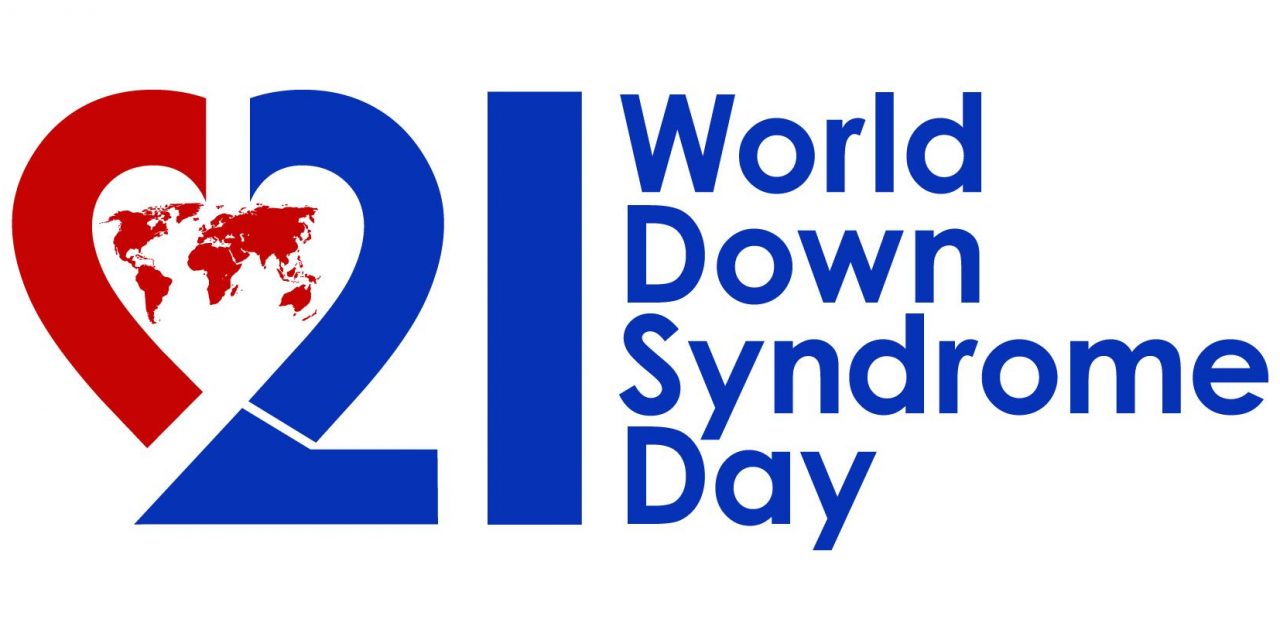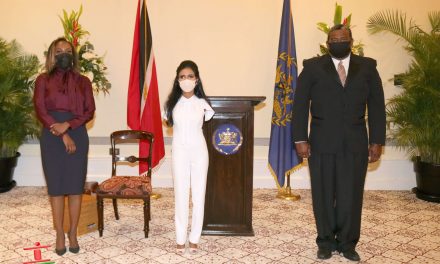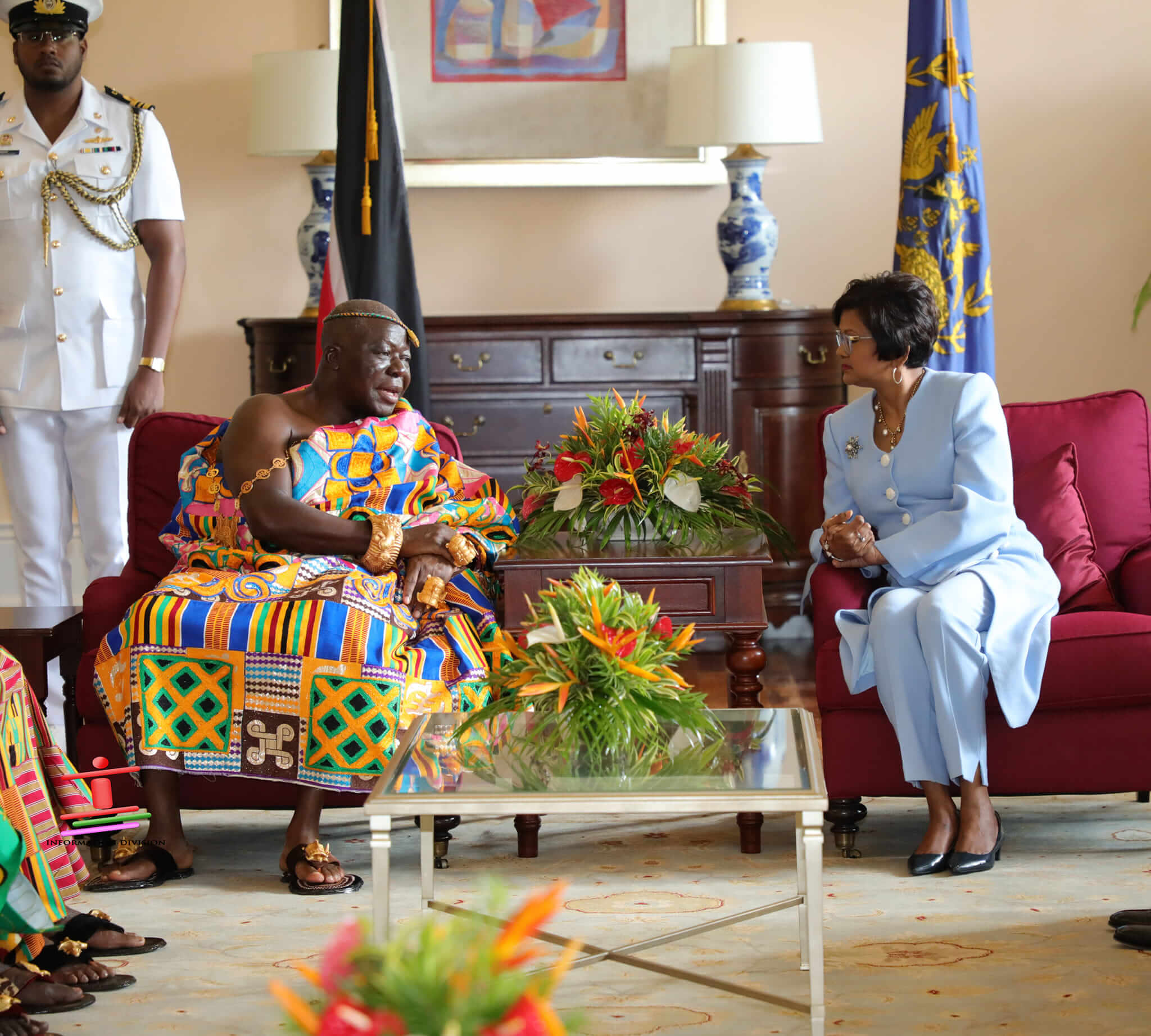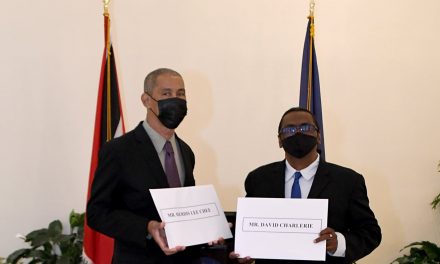According to the United Nations, Down syndrome has always been part of the human condition, with an estimated incidence of 1 in 1000 – 1 in 1100 live births worldwide. It remains our duty to ensure that persons with Down syndrome are treated with dignity and respect and afforded the support and understanding they need to lead happy, productive and connected lives, especially during these unprecedented times. Today, as we don our colourful socks, it is up to all of us—Government, NGOs, employers and individuals—to educate ourselves about the implications, realities and possibilities of Down syndrome and make the attitudinal and concrete changes that will ensure that people with Down syndrome thrive in our ever-changing world
Message on World Down Syndrome Day 2021

According to the United Nations, Down syndrome has always been part of the human condition, with an estimated incidence of 1 in 1000 – 1 in 1100 live births worldwide. It remains our duty to ensure that persons with Down syndrome are treated with dignity and respect and afforded the support and understanding they need to lead happy, productive and connected lives, especially during these unprecedented times. Today, as we don our colourful socks, it is up to all of us—Government, NGOs, employers and individuals—to educate ourselves about the implications, realities and possibilities of Down syndrome and make the attitudinal and concrete changes that will ensure that people with Down syndrome thrive in our ever-changing world






